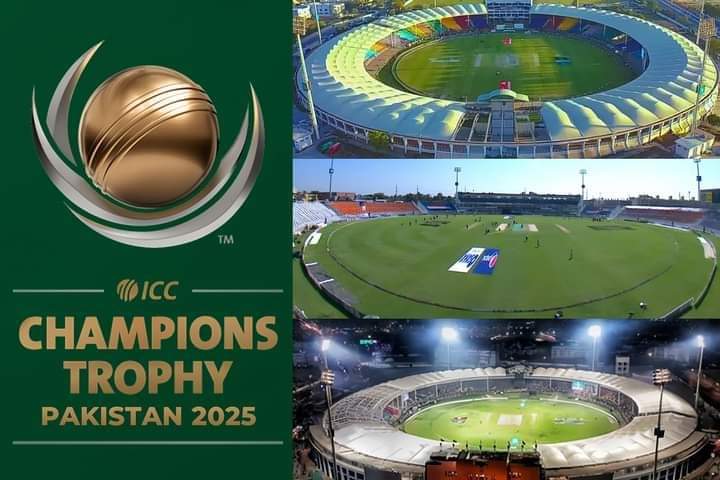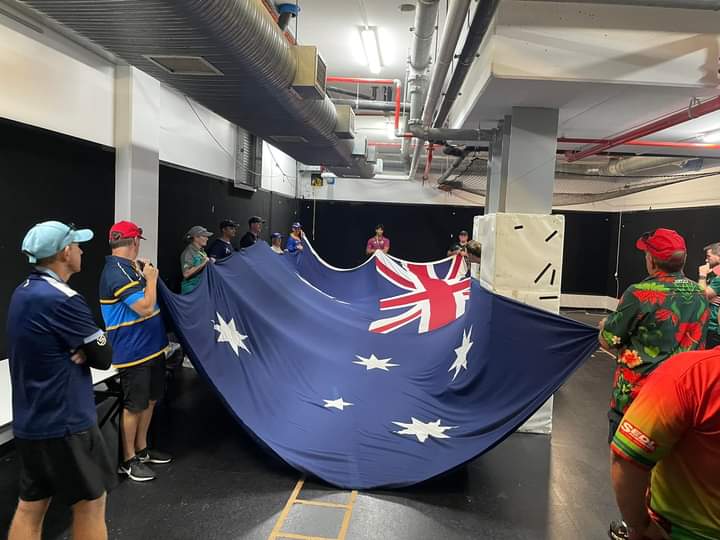Fresh strike on Jabaliya refugee camp reported as Israel intensifies attacks on Gaza
Palestinian officials report hundreds of people killed over 24 hours as concerns grow for plight of refugees
Israel continued with its intense bombing campaign across the north and south of Gaza for a third day since the end of the truce with Hamas, killing hundreds of Palestinians in a 24-hour period, according to local officials.
The Jabaliya refugee camp in the north was hit, with initial reports saying tens of people were killed and at least one residential block destroyed. Video footage showed people searching for bodies under the rubble.
About 300 people were reported to be sheltering in the vicinity of the latest strike, in a camp area that has been targeted repeatedly by Israel over the past month. It was not possible to verify exact casualty numbers.
Heavy bombing was also reported in the southern city of Khan Younis, increasingly the focus of Israeli attacks, while its military demanded further evacuation of civilians from areas of the city, telling them to head south to Rafah or to the west.
Ismael al-Thawabteh, the director general of the government media office in Gaza, told Al Jazeera that more than 700 Palestinians had been killed in a 24-hour period to noon. The health ministry in Hamas-run Gaza said later that 15,523 Palestinians had been killed since the start of the war, including 316 dead and 664 wounded “in the past hours”.
An estimated 1.8 million people are internally displaced, up from a previous figure of 1.7 million, according to UN’s OCHA humanitarian agency. Images showed Palestinians trying to leave parts of Khan Younis in line with Israeli demands to evacuate.
On Saturday night, Israel’s prime minister, Benjamin Netanyahu, said at a press conference that he had directed the military to attack Gaza with “increasing force”, and he repeated that his country’s aim was to eliminate Hamas as a political and military force on the bombarded strip.
“Citizens of Israel, we are in the midst of a difficult and bitter war but there is no war more just. It is a war for our home,” Netanyahu said. “ A difficult war is yet before us, but in the end, we will be victorious.”
Israel’s revised plan is expected to involved intensified bombing of evacuated areas as a prelude to a ground operation in the south, in which it is expected to try to take Khan Younis, where it believes Hamas’s leadership is based. Its military also wants to consolidate control in the north.
The Israel Defense Forces released a map on Friday dividing Gaza up into hundreds of numbered small districts. It has begun to ask civilians to evacuate from specific areas before, it says, military operations start, dropping leaflets to warn people to evacuate and sending alerts via mobile phones.
Israel has been sharply condemned by humanitarian organisations and some politicians for the piecemeal evacuation plan, which they say leaves Palestinians with fewer and fewer places to flee to, while Gaza’s infrastructure is at breaking point.
Filippo Grandi, the UN high commissioner for refugees, told the BBC that Palestinians in Gaza were being “pushed more and more towards a narrow corner of what is already a very narrow territory” by Israeli’s renewed offensive.
UNRWA, the UN’s relief agency for Palestinian refugees, said Palestinians in Gaza were at risk of death from infectious diseases as sanitation comes under pressure. There was a hepatitis A outbreak at a school run by the agency, said Thomas White, its director in Gaza.
On Sunday, John Kirby, the US national security spokesperson, said the White House believed that Israel had “been receptive to our messages here of trying to minimalise civilian casualties” and praised the localised evacuation plan.
Ron Dermer, Israel’s minister of strategic affairs, insisted on the US television network ABC that the efforts of the military to minimise civilian casualties were unprecedented. “If we wanted to do it fast,” he said, “we’d harm a lot more civilians.”
Emmanuel Macron, the French president, speaking at a press conference in Dubai, said he believed Israel risked unleashing a decade-long war.
“What is the total destruction of Hamas, and does anyone think it’s possible? If it is, the war will last 10 years,” Macron said on Saturday. “I think we’re at a point where the Israeli authorities are going to have to define their objective and desired end state more precisely.”
Israel’s military announced it had found 800 tunnel shafts in Gaza since the start of ground operations at the end of October, and had destroyed 500 of them using explosives, blocks and other methods
Hamas has built a sophisticated underground network over many years in order to protect its forces from Israeli bombardment and its leadership is believed to operate below ground.
The IDF said many of the tunnels were located “near or inside civilian buildings and structures, such as schools, kindergartens, mosques and playgrounds,” and that in some cases weapons were stored in the shafts.
Israeli settlers killed one man as they attacked two Palestinian villages in the occupied West Bank late on Saturday, Palestinian authorities said. A 38-year-old was shot in the chest in Qarawat Bani Hassan, in the northern West Bank, the Palestinian ambulance service said.
We have all been profoundly shaken by recent events in Israel and Gaza. This latest conflict marks the start of a chapter that is likely to affect millions of lives, both in the Middle East and further afield, for years to come. With reporters on the ground, and others producing live blogs, videos, podcasts and photo essays as the story unfolds, the Guardian is dedicated to bringing you independent, fact-checked journalism 24/7.
We appreciate that not everyone can afford to pay for news right now. That’s why we choose to keep our journalism open for everyone. If this is you, please continue to read for free.
But if you can, can we count on your support at this perilous time? Here are three good reasons to make the choice to fund us today.
1. Our quality, investigative journalism is a scrutinising force at a time when the rich and powerful are getting away with more and more.
2. We are independent and have no billionaire owner controlling what we do, so your money directly powers our reporting.
3. It doesn’t cost much, and takes less time than it took to read this message.
Choose to power the Guardian’s journalism for years to come, whether with a small sum or a larger one. If you can, please support us on a monthly basis from just $2. It takes less than a minute to set up, and you can rest assured that you’re making a big impact every single month in support of open, independent journalism. Thank you




